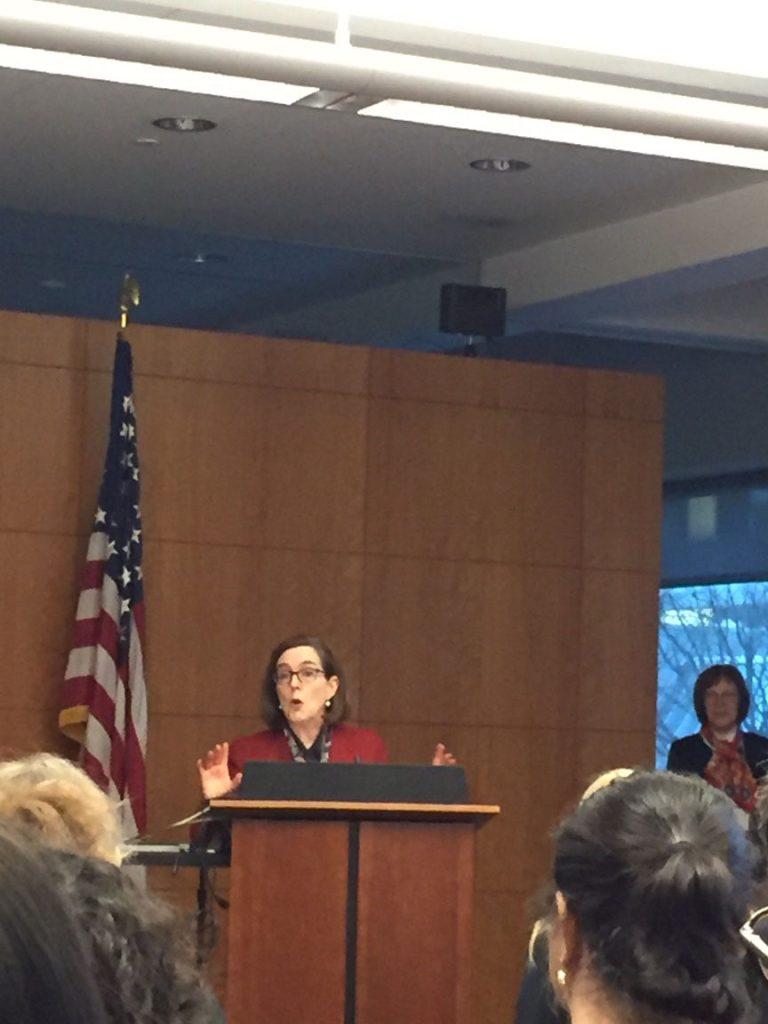
Since the election of Donald Trump, many women have been inspired to become more involved in politics and to run for office, whether they were motivated by opposition to Trump and a desire to challenge him or inspired by his message. A cultural movement of female empowerment in popular culture and politics has arisen in the United States. Either way, the amount of women running for office, and the help available for those looking to run, has increased drastically. Websites such as Emily’s List, a liberal organization looking to offer help to pro-choice Democratic women, have seen more than 30,000 women sign up to run and more than 8,000 people sign up to assist those campaigns since election day, according to their website. Other organizations, such as She Should Run, are non-partisan and will provide community resources and opportunities to any woman looking to run. Their main goal is to drastically increase the amount of women in office—specifically, to have half of the individuals running for leadership positions be women by 2030.
The number of women running for office this year is far higher than politics has ever seen before; women—specifically Democratic women—are running for all kinds of positions. From the U.S. Senate to local school boards, women are doing anything to get involved and represent their communities. In 2018, almost 80 women are predicted to run for governor throughout the United States, which could potentially double the record number that was set in 1994, according to the Center for American Women and Politics at Rutgers University. In the U.S. House of Representatives, the number of Democratic women running against incumbents is up almost 350 percent since 2016, according to the website The Cut. There are also 38 female challengers to U.S. Senate seats in 2018, and 12 incumbent women are running again. Many women who just two years ago were average, everyday voters, have now turned to activism and getting politically involved after the defeat of Hillary Clinton.
Female politicians are extremely important to the diversity of politics in the United States, because as Jillian Schoene of Emerge Oregon—another organization looking to assist women looking to get involved in politics—points out, “women have a different lived experience than men do.” They have more knowledge with “reproductive healthcare in particular, however their perspective has been largely overlooked. Maybe one day we won’t be arguing control over our own bodies,” she said. Women can easily feel discouraged with “systemic and social barriers” that they face on a regular basis. Many women have multiple jobs, including childcare, and taking on a leadership role adds one more job on top of that. There are many things to consider when thinking of running for office. The most important is finding what they as a candidate want to run for, what they are passionate about, and if they want to protect the way things are or influence change.
2018 has the potential to be a breakthrough year for women in politics. As of now, only time will tell what happens to the hundreds of women looking to be elected to lead their communities.

































